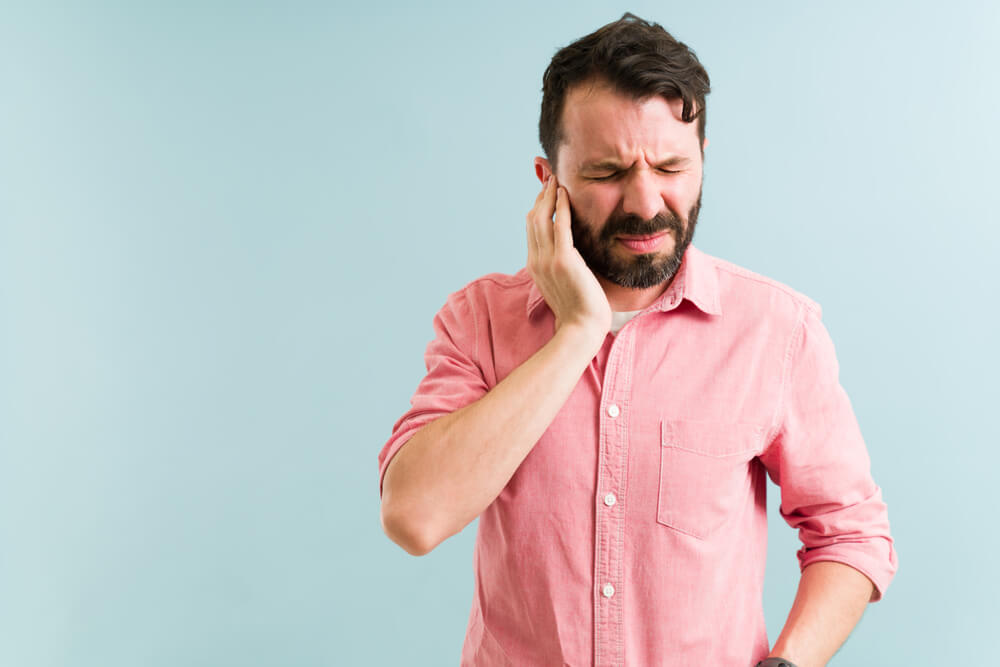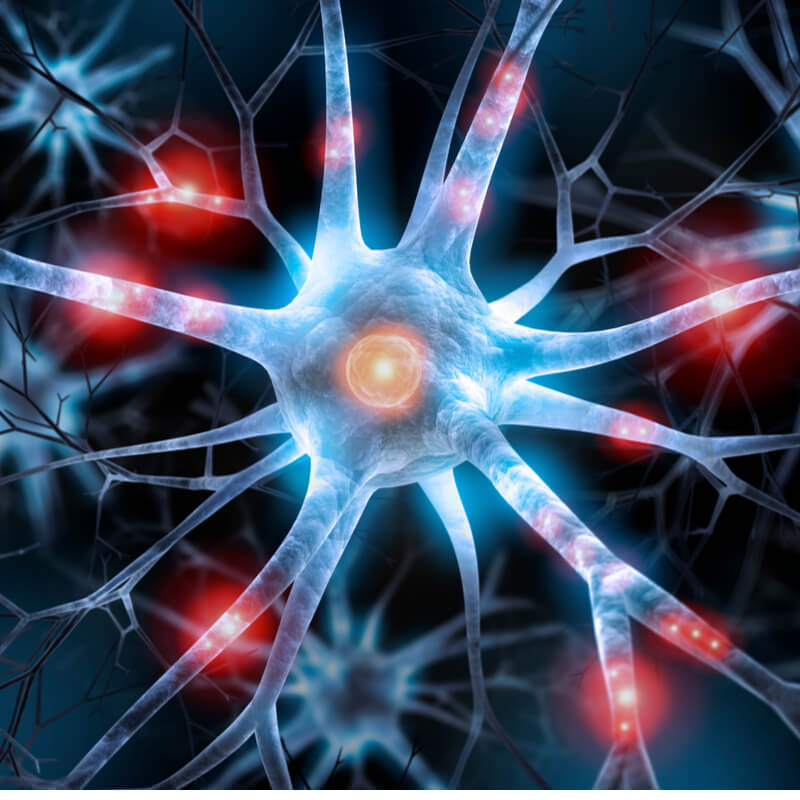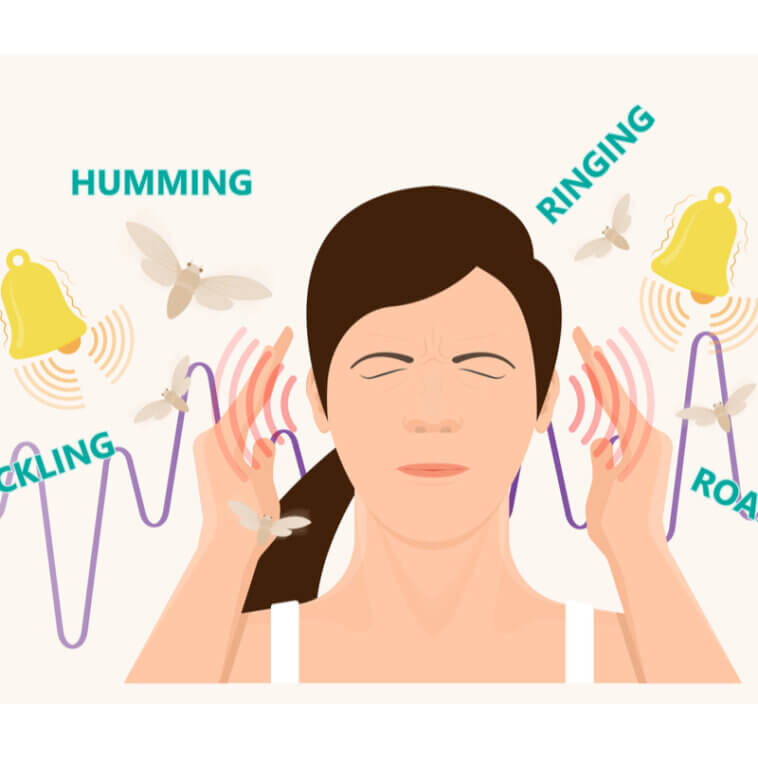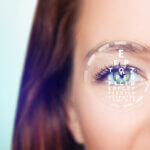Table of Contents
If you've been waking up every morning with a ringing in your head and ears, you may be wondering what causes this condition. Tinnitus, or “ringing in the ears,” is caused by changes in the activity of nerves in the cochlea, a small part of the ear. This condition can interfere with your daily life, make you feel sleepy, and even interfere with your work. Symptoms of tinnitus may also be related to other conditions, such as headaches and sinuses.
Tinnitus causes ringing in the ears

If you're experiencing ringing in the ears, you're probably wondering whether it's a serious condition or a simple side effect of a more serious problem. Fortunately, there are several ways to treat the condition, and they can all work in tandem to help you stop the noise. For some, treatment is as simple as taking a few steps to improve your overall health. In addition to changing your diet and lifestyle, counseling can teach you to cope with tinnitus. In addition to addressing the underlying issue, counseling can also help you learn ways to reduce the noise, relax, and sleep.
When your ringing in the ears persists or is particularly loud, it's time to consult a doctor. Your doctor can use a variety of tests to help identify the source of your ringing. Hearing tests may be necessary to find out whether your ringing is a signal of an underlying problem. Other tests, such as brain imaging, may also be used to diagnose tinnitus.
A number of other factors can cause ringing in the ears, such as a severe ear infection, or a jaw joint disorder called Meniere's disease. Earwax blockages may also cause tinnitus. Certain medications may also contribute to this condition. In particular, high doses of aspirin, nonsteroidal anti-inflammatory drugs, certain antibiotics, and diuretics may increase your risk of tinnitus.
While CBT has helped many people deal with their tinnitus symptoms, the root cause must also be identified. For example, a dentist may recommend a dental appliance to correct the TMJ problem, or teach you how to stop teeth grinding and clenching. In addition, your doctor may prescribe a medication to reduce the volume of external sounds and treat the underlying medical condition. Drugs that may increase blood pressure can also trigger tinnitus symptoms, so don't stop taking any medicines without talking to your provider.
Treatment for tinnitus depends on the type of tinnitus. It can be intermittent, continuous, or pulse-like. It can be in one or both ears and can range in pitch and volume. It can even be in sync with your heartbeat. A diagnosis of tinnitus is difficult, but there are several effective methods available. And remember, it's important to seek treatment as soon as possible.
Tinnitus is a symptom of hearing loss
Although tinnitus can be a symptom of any hearing problem, it's important to note that not all types are considered a cause of hearing loss. Some types are considered musculoskeletal and can be treated with massage therapy. In the case of high-pitched tinnitus, a problem in the auditory system is likely. Pulsatile tinnitus, on the other hand, is a sign that a blood vessel is affected and needs to be checked.
Loud noises, especially from portable music devices, can cause hearing loss. People working in loud environments are particularly susceptible. Also, aging, which decreases nerve fibers, can cause tinnitus. Finally, men are more likely than women to experience tinnitus. Other risk factors include smoking and alcohol use. In addition, ear damage caused by a loud explosion may cause tinnitus.
While many treatments are directed at the ear, a proper diagnosis is important. The NIDCD maintains a directory of organizations and resources for information about tinnitus. The directory includes information on normal and disordered processes of the hearing system. The information in this directory is in the form of PDF files that can be viewed by free Adobe Reader. For further details, contact a hearing care provider.
While tinnitus is a temporary symptom of hearing loss, it can affect your quality of life. It may interfere with concentration, sleep, and memory. Even if it's a temporary symptom, it can also lead to depression and emotional stress. Ultimately, the condition is a sign of a more serious hearing problem, so it's important to get checked out by a professional.
Many conditions are caused by the presence of tinnitus. Among these are Meniere's disease, a degenerative disorder of the inner ear. The disorder is characterized by abnormal fluid pressure. In some cases, tinnitus is a symptom of a disorder of the Eustachian tube. This disorder affects the nerves in the middle ear that control hearing. In addition, otosclerosis is a condition that affects bone growth in the ear. It tends to run in families.
Tinnitus is caused by changes in the cochlea's nerve activity

Several theories have been proposed to explain the underlying mechanism for tinnitus. One, based on the “edge theory”, predicts that abnormal DCN activity results from altered efferent activity in the IHC or inferior colliculus, as well as a lack of inhibition in other cochlear nucleus units. Another hypothesis suggests that changes in auditory cortical activity influence the amplification of spontaneous activity.
Certain blood vessel disorders may also cause tinnitus, as can chronic conditions like anemia or diabetes. Other underlying causes of tinnitus include autoimmune disorders, migraines, and thyroid disorders. People who experience tinnitus may experience sudden and severe episodes of hearing loss or ringing in their ears. In these cases, treatment for the underlying condition is necessary.
The transition from acute to chronic tinnitus may take anywhere from 3 to 12 months. However, there is little agreement on the precise timetable when tinnitus goes from being a minor annoyance to a severe, disabling symptom. In addition, health care personnel often fail to treat tinnitus because the emotional component is poorly understood. This is because the disease is similar to the “phantom limb syndrome,” which refers to the symptoms of one part of the body as a phantom limb.
The neural activity in the cochlea is responsible for hearing loss. However, the exact cause of tinnitus is not yet known. The main cochlear pathologies implicated in the tinnitus process include damage to the inner ear and the disruption of active mechanisms in outer hair cells. The French study by Puel and colleagues in Montpellier also linked tinnitus to epilepsy.
Some cases of tinnitus can be a warning sign of Meniere's disease, an inner ear disorder resulting from abnormally high levels of fluid pressure in the inner ear. Likewise, tinnitus can be a symptom of Eustachian tube dysfunction, wherein the Eustachian tube is permanently expanded, which makes the ear feel full. A more uncommon condition, called otosclerosis, can affect hearing and cause tinnitus. This bone growth disorder can be genetic and runs in families.
Treatments
While tinnitus can be caused by a variety of external factors, it is typically subjective. Tinnitus can be present in either one or both ears. It is common for many people to experience ringing in their ears, but more severe cases may affect the quality of their daily lives. Here are some treatment options for ringing in the head. A thorough diagnosis of tinnitus is vital to finding the most appropriate treatment.
Acoustic therapy can help reduce the noise from the tinnitus, but it will not completely eliminate the sound. Acoustic therapy involves using special devices to mimic background noise. These devices can be placed on a tabletop, nightstand, or even on the person. For chronic tinnitus, it may be beneficial to place a media player on the bedside table. If the noise is constant and unavoidable, you may also consider wearing a sound generator.
Medical specialists will recommend the best treatment for tinnitus. This condition is characterized by an ongoing, constant, high-pitched sound that you can hear in your head. In addition to this, it can also be loud, hissing, or buzzing. While most people associate tinnitus with a hearing loss, it is actually a symptom of a vascular or neurological disorder. Almost 15 percent of adults have difficulty hearing, and this risk increases with age.
If the tinnitus is subjective, it is difficult to find a reliable treatment. Fortunately, there are many available treatments for ringing in head, including acupuncture and dietary supplements. A doctor can help determine if a particular treatment option will help alleviate the symptoms. A therapist can also prescribe an effective medication. But the risks associated with this drug should not be ignored. If there is a vascular problem, a physician may recommend a different treatment option.




Comments
Loading…